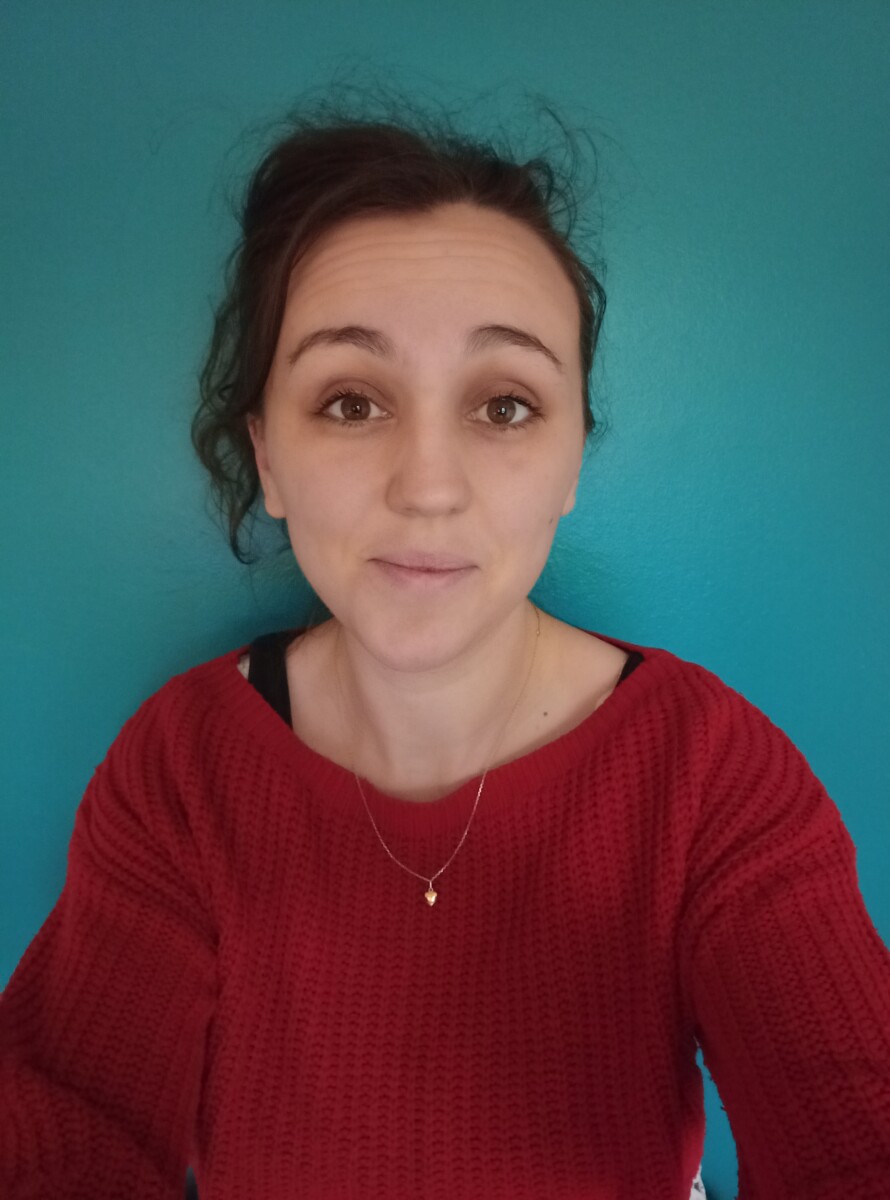Summary :
Context. Young people in Institut medico-éducatif (IME) with intellectual disabilities (ID) have a low occupational performance in activities of daily living. There is little literature on occupational therapy support in this area, especially on assessments. An occupational therapy intervention for a youngster with difficulties in eating by himself shows the difficulty of acting in a client-centred way. Intervention. Follow-up is described through the use of the OTIPM: assessment is carried out without validated assessment tools, which leads to biases in practice ; the intervention is partly occupation-focused and reassessment is carried out. Finding. The follow-up is not client-centred, and the assessment is not standardised, which keeps us away from the core of occupational therapy. We are therefore looking for solutions in order to develop a more science-based practice. Perspectives. A thorough search of existing assessments shows that some tools are available, even if there are only few of them. In order to achieve a client-centred follow-up, it is necessary to include the family and the youngster from the beginning of the intervention, which may imply a change in practice in IME-type facilities. Conclusion. It would be interesting to create new tools for observing occupational performance of young people with ID. It would also be necessary to expand the scientific occupational therapy literature on interventions with young people with ID living in IMEs.
Cet article est payant !
Je suis abonné, je m’identifie ci-dessous.
Je ne suis pas abonné, j’achète ici
Article rédigé par :
-

Anne-Laure Lopez
Ergothérapeute DE
DU d’éthique et de prévention dans l’accompagnement de la personne âgée
Université Claude-Bernard, Lyon I
Déléguée territoriale ANFE – Loire (42)
EHPAD La Providence
42120 Le Côteau
al.lopez@itinova.org
Cabinet Atout-ergo
13 rue Branly
42300 Roanne
annelaure.lopez@atout-ergo.fr

